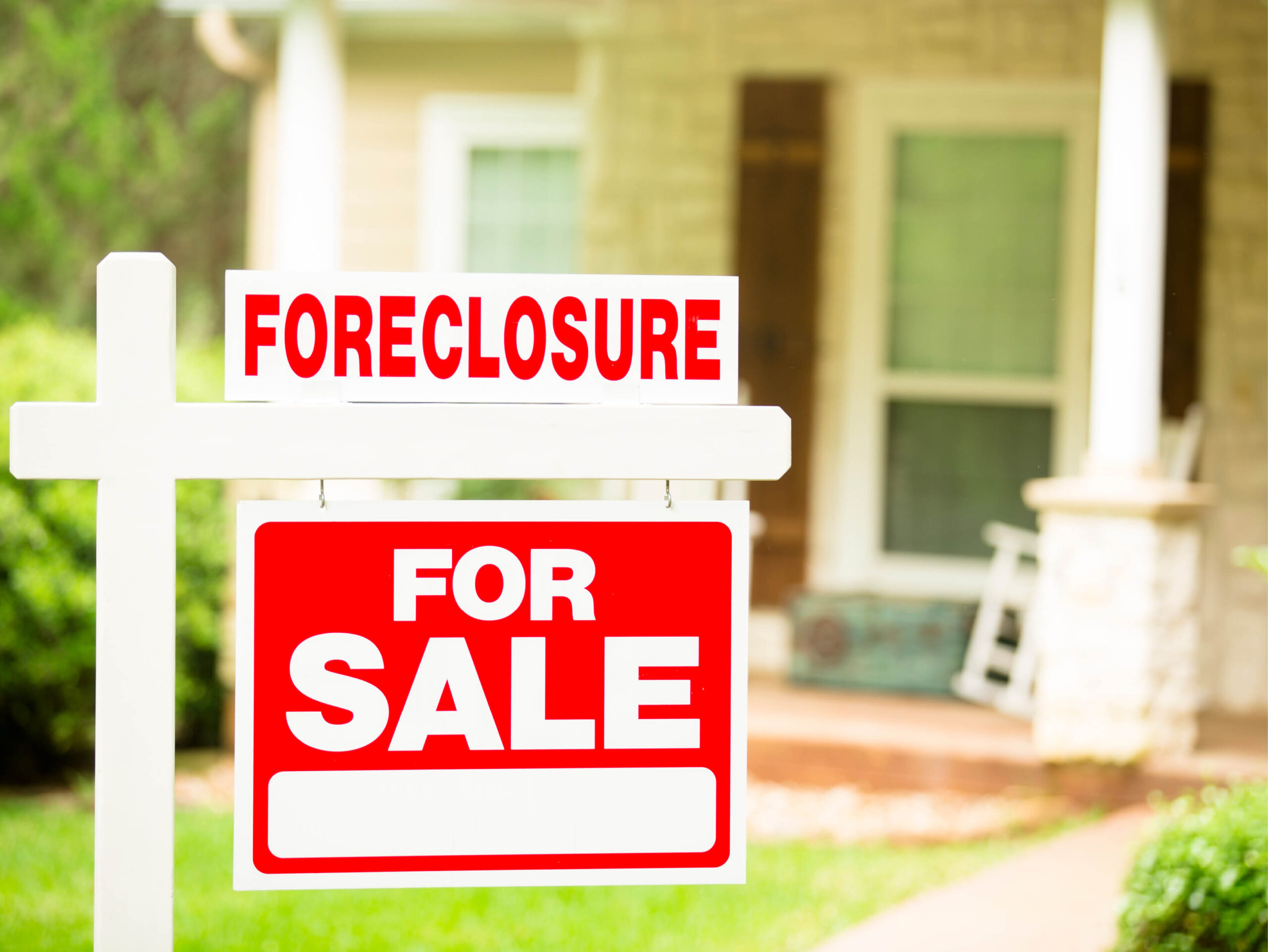What Homebuyers Should Know About Foreclosures
Foreclosures play a significant role in the real estate market, offering opportunities for homebuyers and investors alike to acquire properties at steep discounts.
Nevertheless, with a keen eye, willingness to tackle the challenges, and ability to invest in renovations and updates, purchasing a foreclosed property can be a wise investment.

What is a foreclosure?
When a homeowner misses several mortgage payments, they are considered to be in default of their loan, often leading their bank to initiate foreclosure proceedings. Because there are many stages involved, it can take several years before the lender assumes ownership of the home and can sell it.
Do your research
Due to the competitive nature of the foreclosure market, you should know well in advance how you intend to pay for the property so you’ll be prepared when the right opportunity emerges. If you aim to do so in cash, be sure you can confirm the funds. To better understand how to locate and obtain a foreclosed property, it’s a good idea to seek the expertise of a real estate agent who has in-depth knowledge of how these proceedings work. You can also explore diverse sources such as government and auction websites to compile a list of available properties to consider.

Types of foreclosure sales
These properties are often neglected, requiring the buyer to complete extensive repairs. To identify the ones that best suit your objectives and financial capacity, consider the different buying opportunities available during the foreclosure process.
Preforeclosures
While regulations vary by state, this initial phase generally occurs when a borrower has missed three consecutive payments. Since these homes are not yet in the hands of the bank or lender, it can be an ideal time for would-be buyers to purchase one, usually at a reduced price since the owner is motivated to sell before it escalates to the formal foreclosure process.
Short sales
For homeowners facing financial difficulties, a short sale offers a practical alternative to foreclosure. In this instance, the home’s current market value is less than the outstanding mortgage balance, leading the homeowner to sell the property at a reduced price. This type of sale may or may not happen during preforeclosure. However, accepting the purchase offer rests with the lender, not the homeowner.
Auction foreclosures
The last step in the foreclosure process is the court-ordered auction that sells off the property to the highest bidder. These public proceedings, also known as sheriff sales, can occur at the repossessed property, courthouse, or another off-site location. The best way to prepare for an auction is to contact the local municipality ahead of time to be sure the property has a clear title, which is free from any liens.
Bank-owned properties
If a foreclosed home fails to attract a high enough bid at auction, it may become a real estate-owned (REO) property. In this instance, the bank or financial institution holding the title will try to sell it on the open market to garner the best price. To locate these REO listings, research online through a paid source such as RealtyTrac or a free one such as Realtor.com.
Government-owned properties
For properties with government-backed loans that fail to sell at an auction, the appropriate government agency will take ownership and then market them on sites such as HUD Homestore or USDA-RD/FSA Properties. Be aware that you can only purchase these types of foreclosures through a real estate agent, mortgage broker, or servicing representative.
Navigating the purchase of a foreclosure can be complex and typically requires patience, flexibility, and a good understanding of the process and timeline. Seek guidance from a real estate agent who is knowledgeable about the foreclosure market and can assist you in saving significantly on this unique type of home.


















